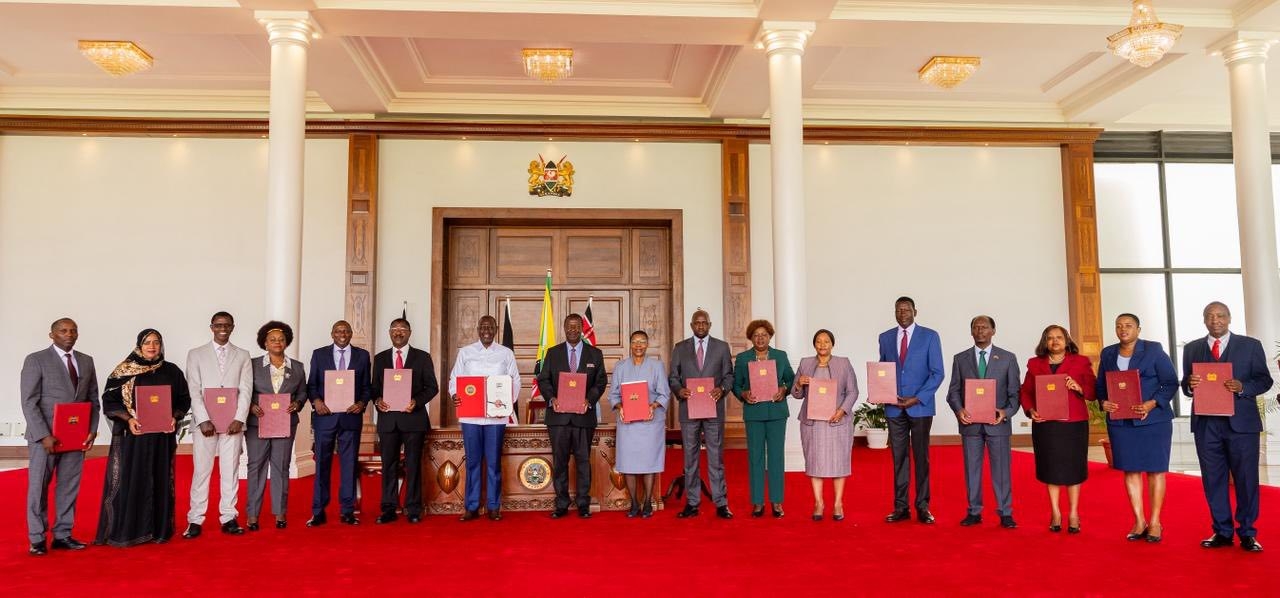Land disputes are emotive and can prove deadly even among relatives if not handled with caution.
A man accused of killing his brother over a land dispute has escaped the hangman or life in jail after the High Court acquitted him over tenuous evidence against him.
At the High court, Jared Rianga Matibe was charged alongside his cousin Zacharia Onyonka Mogire for jointly killing Josephat Nyandwaro Matibe in March 2019.
The land tussle was protracted and had taken long to resolve, with the local chief trying in vain.
In one of the many meetings with the chief, the deceased is alleged to have abused his father and claimed that he was a witch, something that angered his brother.
A review of the case suggests that anger would spike numerous times among family members during the meetings with the administration officials.
Evidence tendered by police suggested that Rianga stabbed his brother in the back, leading to excessive bleeding that caused his death.
In defense, Onyonka narrated that on the morning when Nyandwaro died, he walked to his house only to see the body lying on the ground.
At once, Josephine Nyanchoka Matibe, the mother to Nyandwaro, threw at chair with blood at him.
The blood splashed on his clothes and he got arrested at the scene. The police searched his house and found no panga or axe with blood stains.
For the brother, Rianga testified that on that day, he woke up at 5am to attend to his boda boda business and while in Suneka he received a phone call informing him that his brother had died.
He went home and when the police arrived, they asked for the deceased’s closest relative. The police then arrested him.
The two argued that the police relied on the fact that there was a land conflict between them and the deceased brother to link them with the death. They told the court this was not strong enough to link them to the killing.
The court agreed that the police relied on circumstantial evidence to link the two to the killing.
The judge said that Onyonka’s explanation of how the deceased’s blood stained his clothes was credible.
On the part of Rianga, the judge said the police used the fact that there was a misunderstanding and conflict over land between him and his brother as the reason for charging him with the death.
In the end, the judge entered a verdict of acquittal of the two, saying the evidence was too tenuous to hand the two to the hangman or to jail.
Most convictions of murder often invite a death sentence or life imprisonment.
“In the end, I find the circumstantial evidence by the prosecution to be unsatisfactory and that the prosecution failed to prove its case to the required standard, beyond reasonable doubt,” the judgment delivered on July 26 reads.
“From the foregoing, I enter a verdict of not guilty and do hereby resolve the benefit of doubt in favour of the accused persons. For reasons I have given above, I acquit Zachariah Onyonka Mogire and Jared Rianga Matibe and they are discharged from these proceedings and set free unless otherwise lawfully held.”












